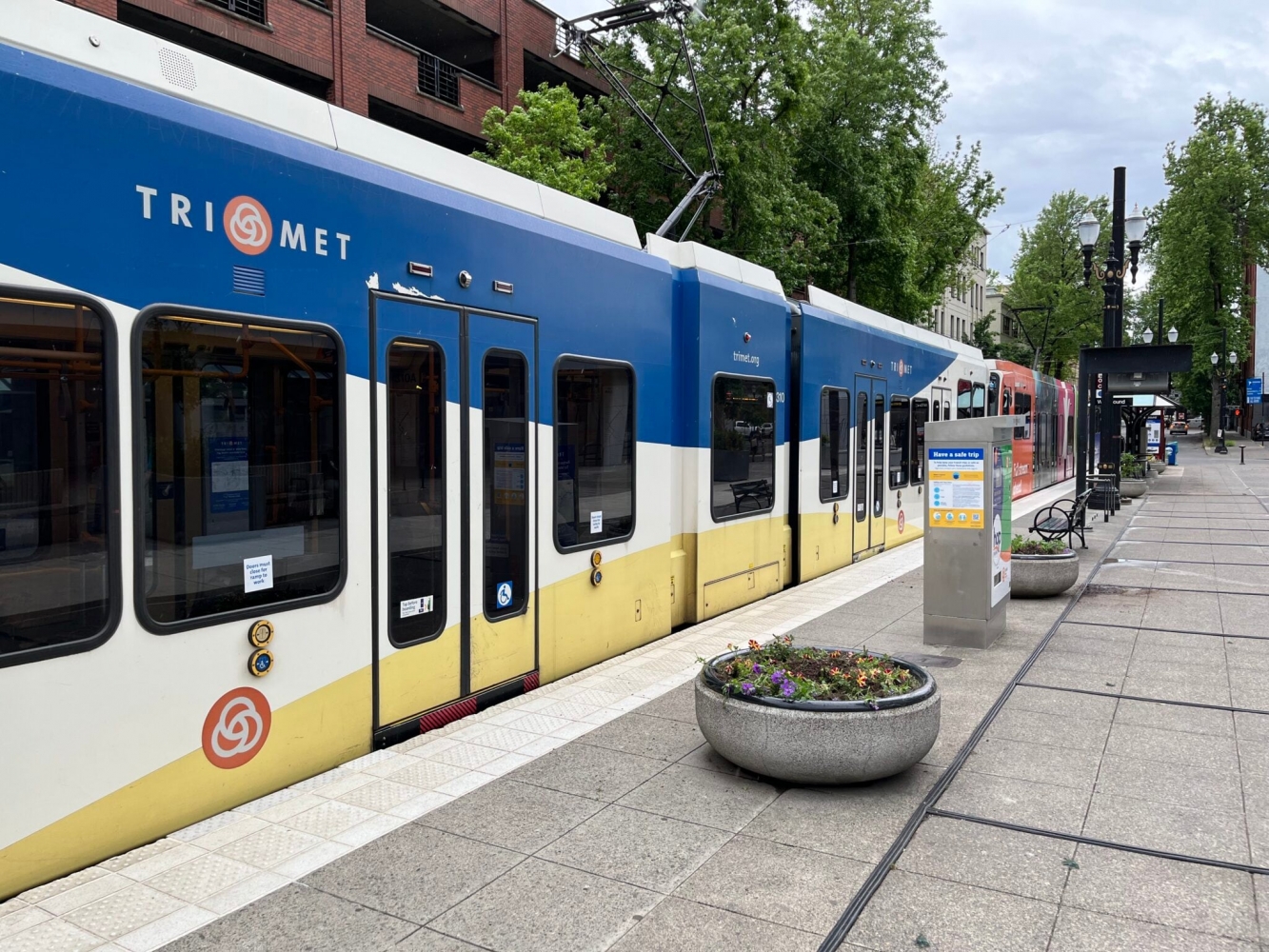

Published on: 09/04/2025
This news was posted by Oregon Today News
Description
Most public testimony submitted about the proposed transportation bill lawmakers are considering this special session has been in opposition to the bill, with many Oregonians writing to lawmakers that they want “no new taxes.”

Lawmakers are considering passing a transportation package that would raise $4.3 billion over the next 10 years by raising the gas tax by 6 cents, increasing vehicle title and registration fees and temporarily raising a statewide payroll tax for transit from 0.1% to 0.2%.
House Minority Leader Christine Drazan, R-Canby, in a Facebook post called the legislation the “largest transportation tax hike in Oregon history.
“If you work in our state, your payroll tax is doubling in this measure, which means you’re going to take home less to your families every single week,” Drazan said in a Facebook video.
To put that into perspective, the Oregon Capital Chronicle has compiled a detailed breakdown of how much the payroll transit tax would cost Oregonians.
How does the payroll transit tax work?
“Payroll tax” is a general term for what’s taken out of your paycheck for tax purposes or social services. For Oregonians, this includes state and federal income tax, social security, Medicare, a workers fund tax, a paid leave tax and a transit tax.

The proposed transportation package would only raise the transit tax, which goes toward the State Transportation Improvement Fund. The fund started in 2018 to invest in public transportation improvements across the state. It provides free or reduced public transportation for students, rural and low-income Oregonians.
Oregonians pay $1 out of every $1,000 of their wages to this fund. If the bill passes, that would double to $2 for every $1,000 between January 2026 and January 2028.
So what would this cost the average Oregonian?
A worker making the average Oregon salary of about $68,000 already pays $68 per year, or $5.60 per month, out of their paycheck toward the state’s public transportation fund. This would double to $136 per year, or $11.20 per month.
Rep. Cyrus Javadi, R-Tillamook, was the only Republican House member to vote in favor of the legislation. While explaining his vote on the House floor, he said doing nothing is riskier than not passing the legislation.
“The truth is this isn’t some massive new payroll tax,” Javadi said in a Facebook post. “It’s a small adjustment to a very narrow slice of the payroll tax, and it keeps buses running in communities that depend on them.”
Oregonians would also have to pay more for:
- Passenger car registration, which would go up from $86 every two years to $170
- Motorcycle and moped registration, which would go up from $88 every two years to $172
- Low-speed vehicle registration, which would go up from $126 every two years to $210
- Medium-speed vehicle registration, which would go up from $126 every two years to $210
- Title fees, which would go up from $77 to $216. Oregonians only pay title fees when they buy a car or move to Oregon from another state and need to title their car here. The average American buys a car every six to eight years, according to insurance industry data, meaning the $139 increase to title fees would amount to about $17 to $23 annually for the average duration of car ownership.
- Gas taxes, which will rise from 40 cents per gallon to 46 cents per gallon. How much gas Oregonians use varies widely depending on how far they drive and how fuel-efficient their vehicles are, but the state transportation department estimates the average Oregonian pays almost $160 in gas taxes each year with the current 40-cent-per-gallon tax.
The transportation bill passed the Oregon House on Sept. 1. The Oregon Senate plans to vote on Sept. 17 for a vote. If passed, the bill would go to the governor’s desk where she is expected to either sign it into law or let it become law without her signature.
Oregon Capital Chronicle is part of States Newsroom, a network of news bureaus supported by grants and a coalition of donors as a 501(c)(3) public charity. Oregon Capital Chronicle maintains editorial independence. Contact Editor Julia Shumway for questions: [email protected]. Follow Oregon Capital Chronicle on Facebook and Bluesky.
This republished story is part of OPB’s broader effort to ensure that everyone in our region has access to quality journalism that informs, entertains and enriches their lives. To learn more, visit opb.org/partnerships.
News Source : https://www.opb.org/article/2025/09/04/oregon-politics-transportation-bill-transit-special-session/
Other Related News
09/04/2025
Trump cannot formally change the name without legislation which his administration will re...
09/04/2025
Since the Washington County Sheriffs Office arrested Dru Hendrix 58 the agency says tips h...
09/04/2025
The Deschutes County Sheriffs Office said it has recovered the remains of the final missin...
09/04/2025
Biden received Mohs surgery a procedure used to cut away skin until no evidence of cancer ...
09/04/2025








